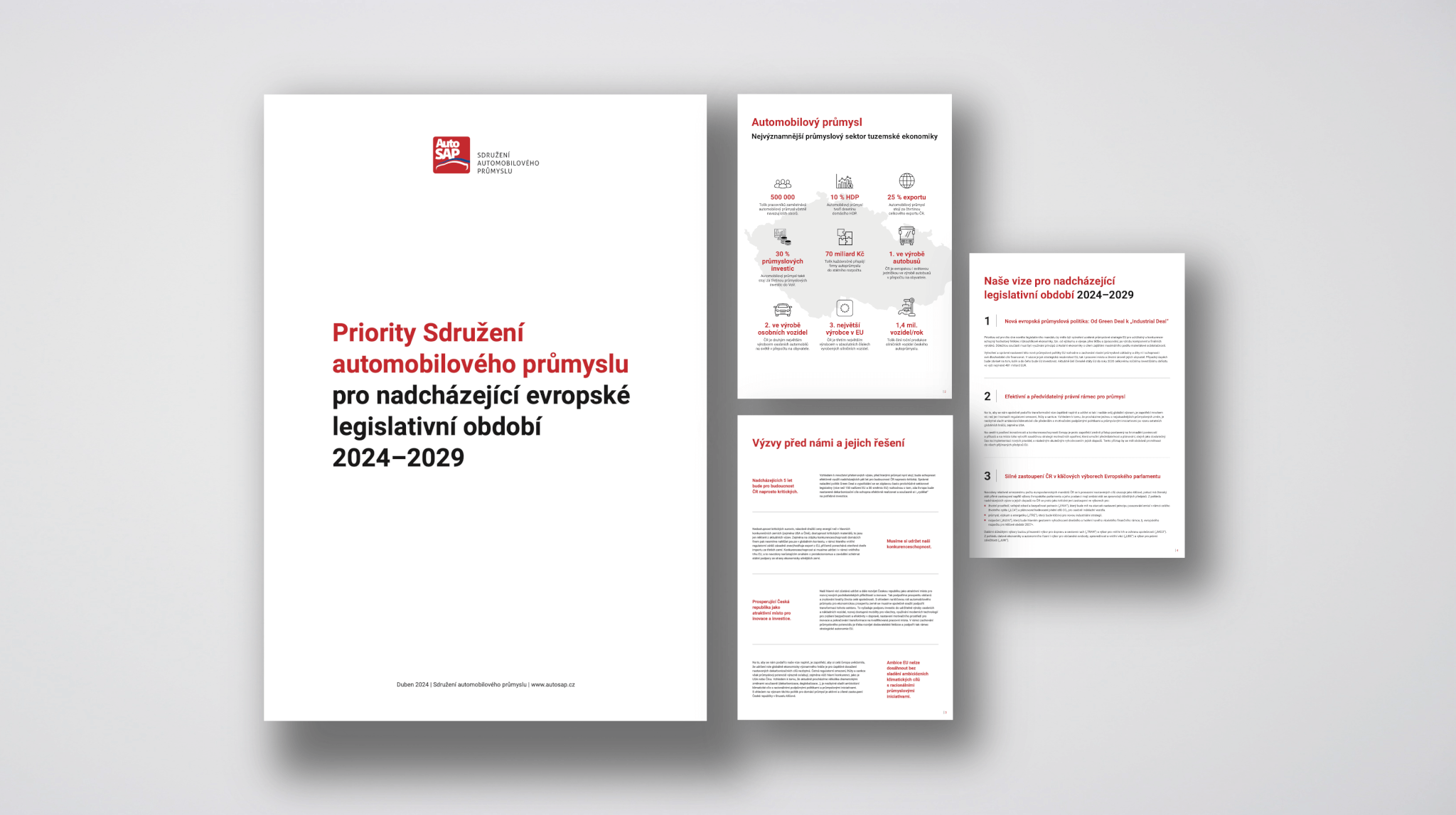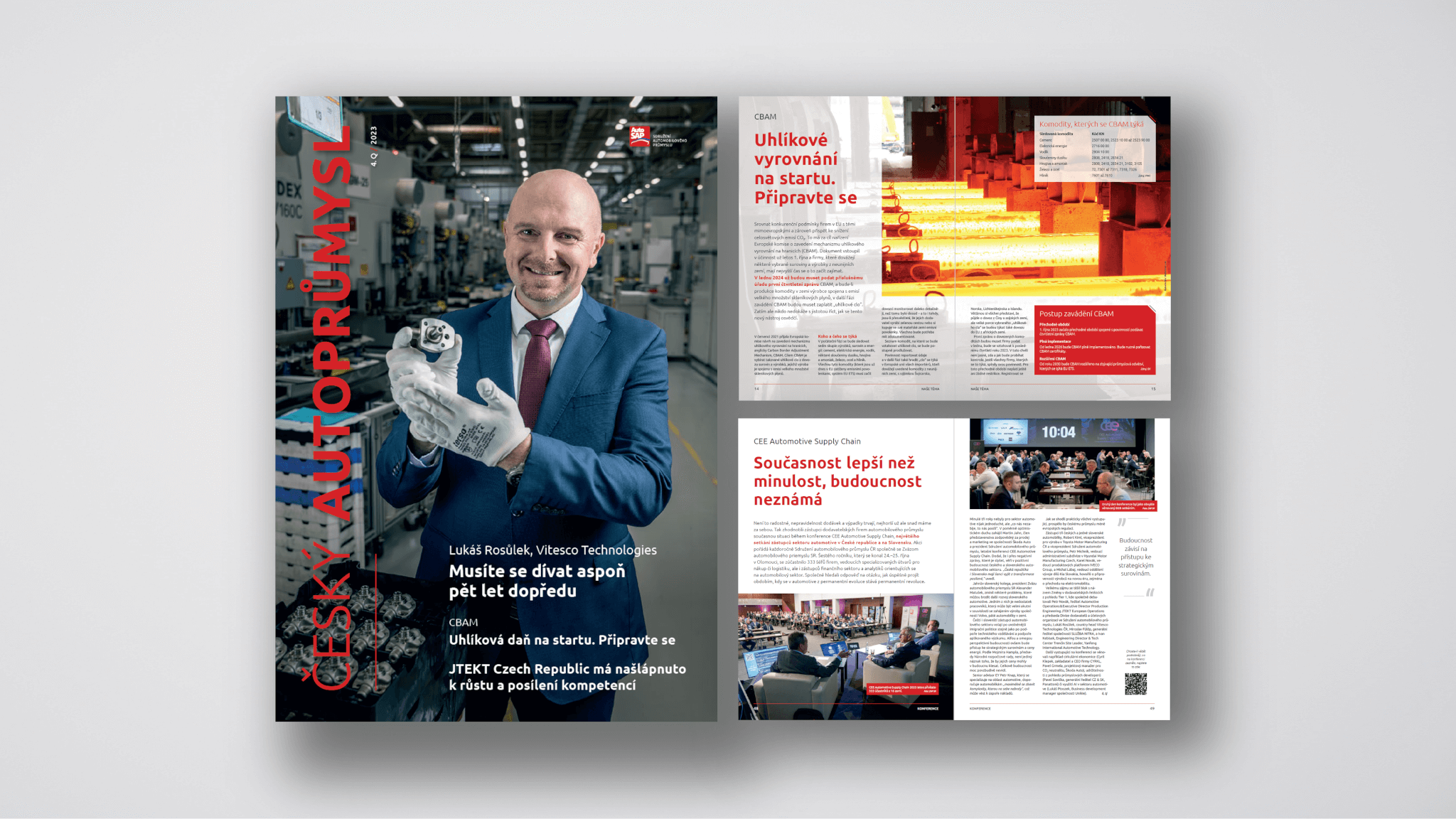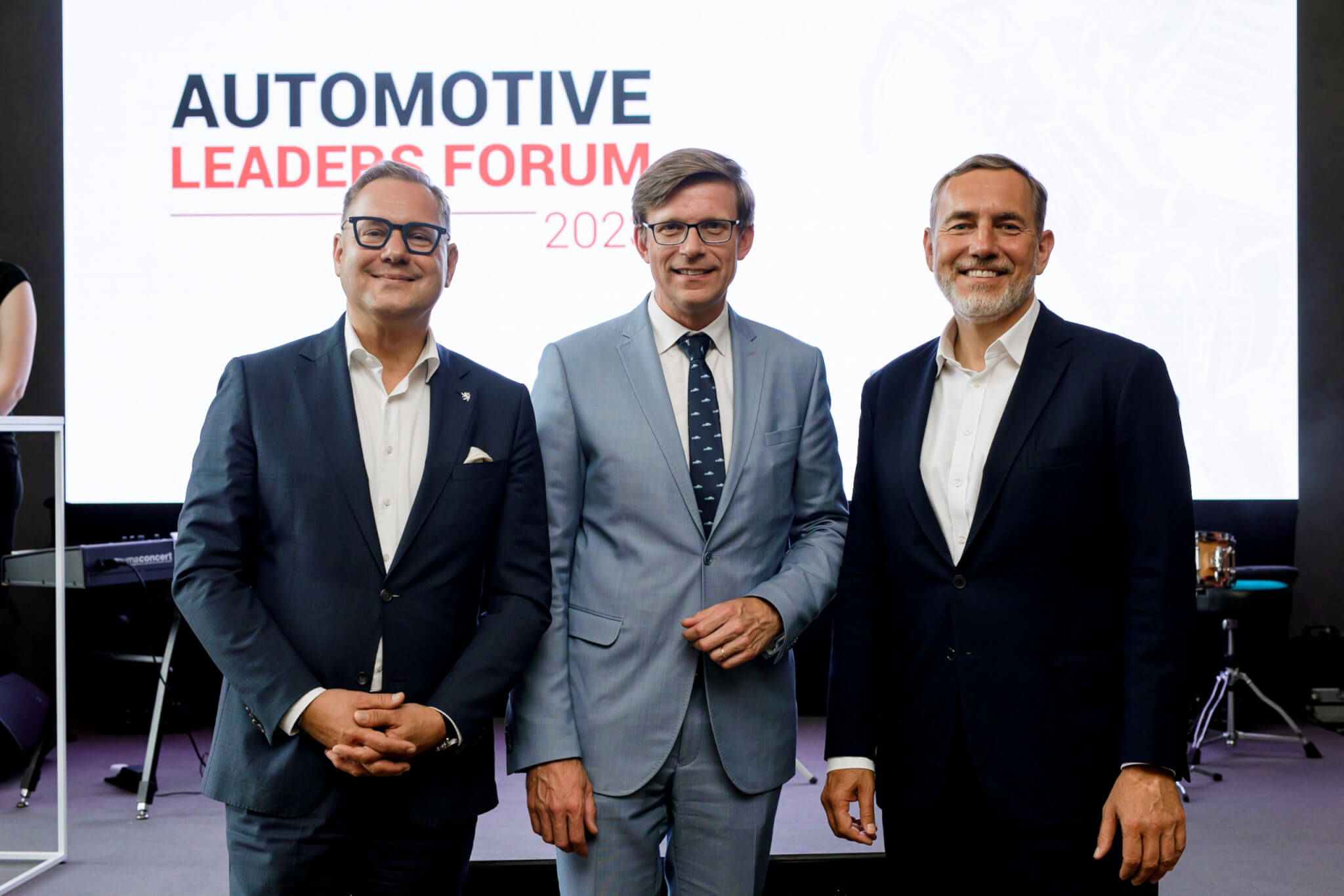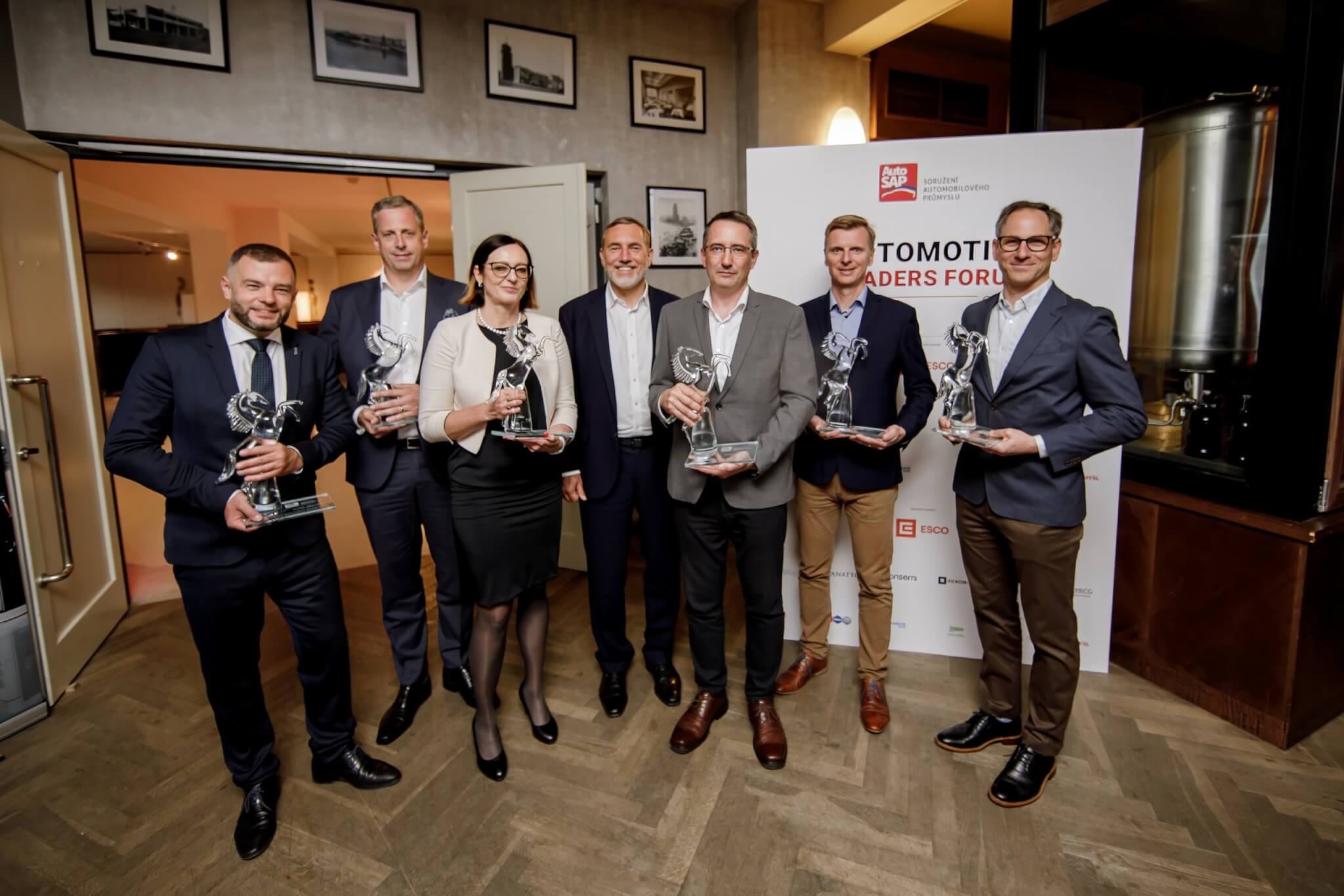Automotive Industry Association’s priorities for the upcoming European programming period 2024-2029
The Czech and European automotive sector is going through a crucial period in its history. With the European elections approaching, it is therefore essential to focus fully on charting a path towards its continued prosperity and strengthening its global relevanc








